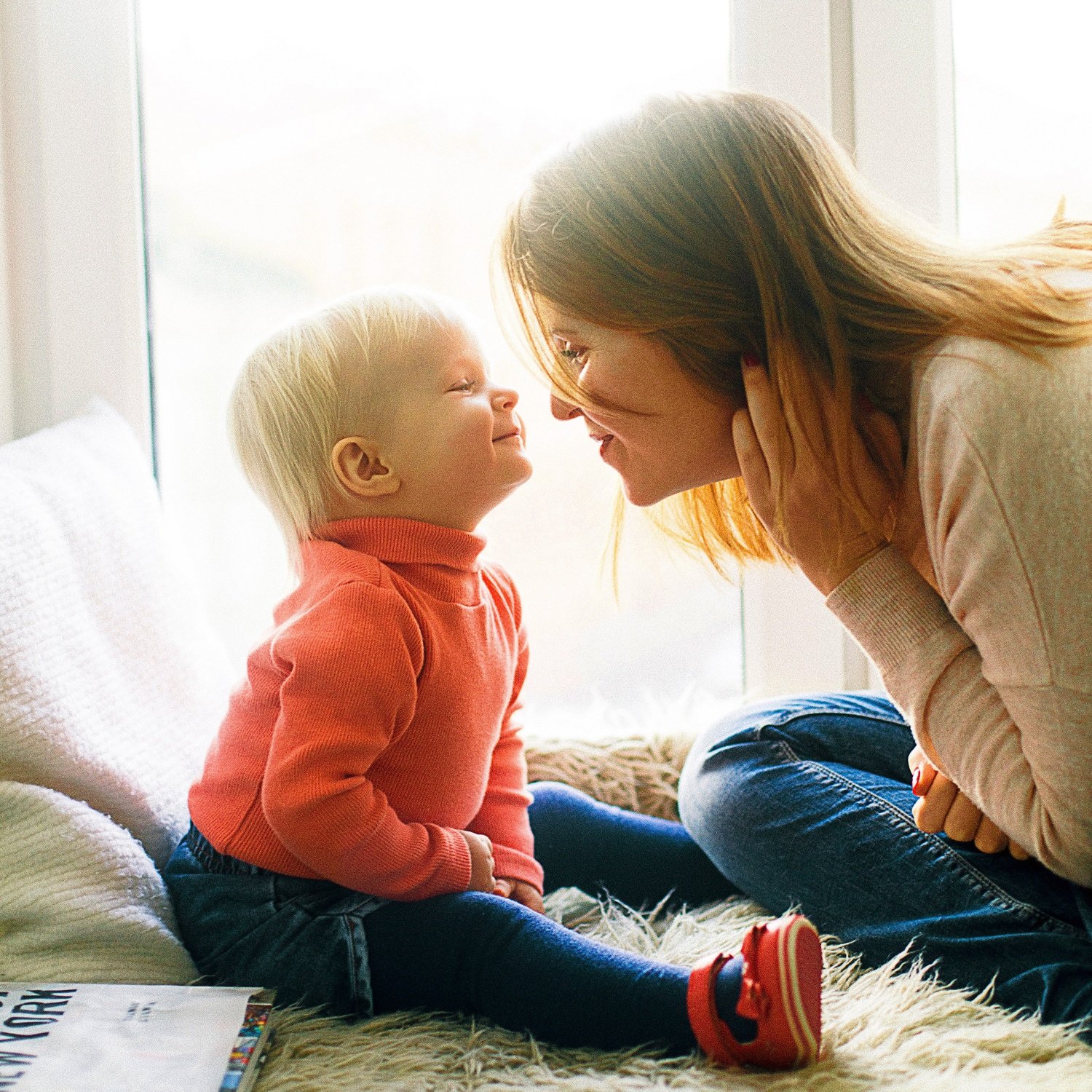Sonja Blignaut: being a waysfinder in a complex world
Do you experience our world as secure and predictable, or find it overwhelming and anxiety provoking? “Complexity nerd” Sonja Blignaut considers how AfrikaBurn mirrors life’s complexity, becoming comfortable with being uncomfortable, the difference between complicated and complex systems, and developing 4 meta-skills aimed at thriving in an entangled world.
Dr Njideka Olatunde: pioneering non-opioid pain relief solutions
In a quest to provide medication-free pain relief, Dr Njideka Olatunde created Reflexology-Touchology: a system which involves listening as a form of touch, identifying the pain-stress connection, offering pain relief and finding suitable integrative healing modalities. She discusses examples of mental, physical, emotional and spiritual pain and each person’s innate ability to use the healing power of touch.
When your loved one has dementia: insights and advice
Having a loved one diagnosed with dementia causes great distress. Social worker Welma Geldenhuys from ADASA discusses the symptoms of this progressive, incurable illness, its causes and 7 stages, and whether dementia is a normal part of ageing. She offers guidelines for communicating with individuals with dementia, creating a safe environment, and caring for the carer.
Meet your gut: key to your health and happiness
Living a productive and relatively stress-free life has more to do with a healthy gut than we may realise. Naturopath and wellness coach Dr Francois du Toit discusses the microbiome, probiotics, the biology behind a “gut feeling” and how gut health affects brain function, mental health & sleep. He offers advice on factors crucial to healing and tips on how to best support your gut.
Can your sensory profile affect your mental health?
Does hyper- or hyposensitivity cause you to feel overwhelmed or under-stimulated in environments others may find normal? Psychologist Luricka Fick considers whether mental health difficulties, including depression, anxiety and risk-taking behaviour, may point to sensory integration issues. She discusses the role dopamine plays in over- and under-responsiveness, and the benefits of a sensory integration assessment.
New horizons
Laziness is nothing more then the habit of resting before you get tired, wrote Jules Renard. I’m resting before I get tired, an indulgence which will continue until April the 3rd…
How birth can shape a brain-body system geared towards resilience
Skin-to-skin contact during the 6 hours after birth has an enormous impact on the bond between Baby, Mom and Dad. Childbirth educator Cozette Laubser from BabyGym® describes how this affects a baby’s brain and those of its parents, and the role played by the triune brain, oxytocin, dopamine and cortisol. She offers practical guidelines for babies born prematurely or by Caesarean section - and supporting bonding once Baby goes home.
The Lyno Method: addressing chronic pain and injuries by releasing unresolved trauma
Did you know that unresolved physical and emotional trauma can cause chronic pain and recurring injuries? Physiotherapist Benita Kropman explains how the Lyno® Method identifies and facilitates the release of fascia restrictions by activating the parasympathetic nervous system, restoring mobility to individuals including athletes, babies and the elderly.
Effective communication: Can your parenting style help prevent narcissism?
The causes contributing to the development of narcissism are complex and include genetics, neurobiology, and environmental factors such as culture and parenting. Body language expert Tania Steyn discusses parenting style as one possible contributor to the development of narcissistic traits and explains how effective nonverbal communication - including eye contact, mirroring and fronting - can foster bonding and help children build empathy.
An end-of-life doula’s insights into living and dying consciously
In our society, death isn’t readily discussed. It is also one of our biggest fears. Therapeutic counsellor Nidhi Amanda Chaitow explains what a death doula does, how acknowledging the reality of death can positively impact our lives, what “a beautiful death” means, and how creativity can help us feel more connected. Nidhi talks about her own grieving process following the recent loss of her beloved.
The decision that helped me find my way out of depression
Some time ago, Clive Vanderwagen felt he didn’t want to live anymore. Three weeks in a psychiatric hospital led to a marked mind-shift, followed by far-reaching career and lifestyle changes. Listen to Clive’s sincere account of re-framing challenges such as his mother’s suicide when he was a young boy; simple habits which nourish his mental and physical health; and the one-line plan that directs his life.
Grow more relaxed: how to recognise and manage stress
Just what we need! Clarity on what causes us stress, and practical ways to reduce the strain. Dr Rina de Klerk-Weyer considers the definition of stress, contributing factors, tell-tale signs, and pointers that can help us restore balance to our lives.
How to keep calm under pressure
The calmer, more predictable world we long for does not seem to be in a hurry to return. How do we cope with these turbulent times? Counselling psychologist dr Hannetjie van Zyl-Edeling offers practical tips for reducing anxiety and stress and boosting our energy levels.
What you should know if your partner has bipolar disorder
A chronic illness like bipolar disorder can place heavy demands on a love relationship. Clinical social worker Sandy Lewis talks candidly about the emotional, financial and other realities of living with bipolar disorder. She offers advice on how to allow your partner to remain independent, provide the right kind of support while maintaining your own balance, communicate effectively, and let others in on the “secret”.
ODD: Do you have a stronger than strong-willed child?
Some children’s defiance has a neurological basis - it could be Oppositional Defiance Disorder, or ODD. A general practitioner with a special interest in neurological conditions describes what ODD is, which signs to look for, how it is diagnosed, and how it can be treated. Parents of children with ODD require additional support.














